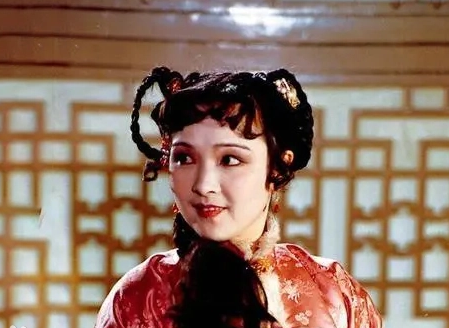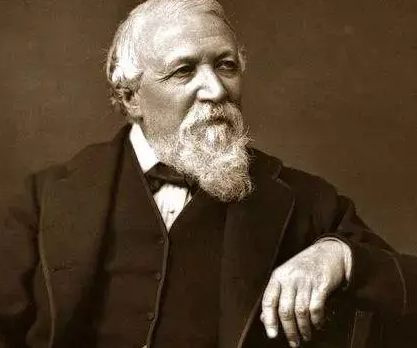At the end of the Ming Dynasty, the country was plagued by internal and external troubles, leaving the people in dire straits. Against this backdrop, after the Beijing City was captured by the peasant army led by Li Zicheng in 1644, Emperor Chongzhen chose to commit suicide by hanging himself at Meishan in Beijing, ending his life. This event not only marked the end of the Ming Dynasty, but also became a painful moment in Chinese history. However, the fate of Emperor Chongzhen's three sons is not clearly recorded in history. Based on the available information, this article will explore their possible destinies.

Firstly, according to the "History of the Ming Dynasty", Zhu Cizhi, the eldest son of Emperor Chongzhen, was captured by Li Zicheng after the fall of the Ming Dynasty and his whereabouts remain unknown. There are rumors that he was forced to shave his head and change his clothes to become a monk, while others claim that he fled to the south to continue resisting the Qing Dynasty. However, the specific details of his fate remain a mystery.
Secondly, Zhu Cihuan, the second son of Emperor Chongzhen, also disappeared after the fall of the Ming Dynasty. Rumors suggest that he was taken away and killed by Li Zicheng's generals, while others claim that he fled to Fujian and died there. However, these claims lack conclusive evidence, and the specific details of Zhu Cihuan's fate remain unknown.
Lastly, according to the "History of the Ming Dynasty", Zhu Cijiong, the third son of Emperor Chongzhen, was captured by Li Zicheng after the fall of the Ming Dynasty and was later ennobled as the "King of Song". He later became one of the feudal lords of the Qing Dynasty. However, this claim is controversial as there are no official records left by the Qing Dynasty. Therefore, whether Zhu Cijiong really became a feudal lord of the Qing Dynasty remains a mystery.
In summary, the fate of Emperor Chongzhen's three sons after the fall of the Ming Dynasty remains a mystery. Although there are various legends and speculations, their specific destinies remain uncertain due to the lack of conclusive historical evidence. This also reflects the complexity of social unrest and historical changes at the end of the Ming Dynasty. Hopefully, by exploring their fate, it can provoke people's reflection on history and contemplation of reality.
Disclaimer: The above content is sourced from the internet and the copyright belongs to the original author. If there is any infringement of your original copyright, please inform us and we will delete the relevant content as soon as possible.
































